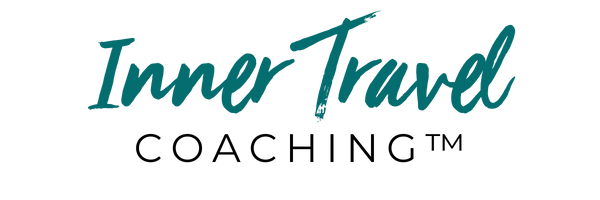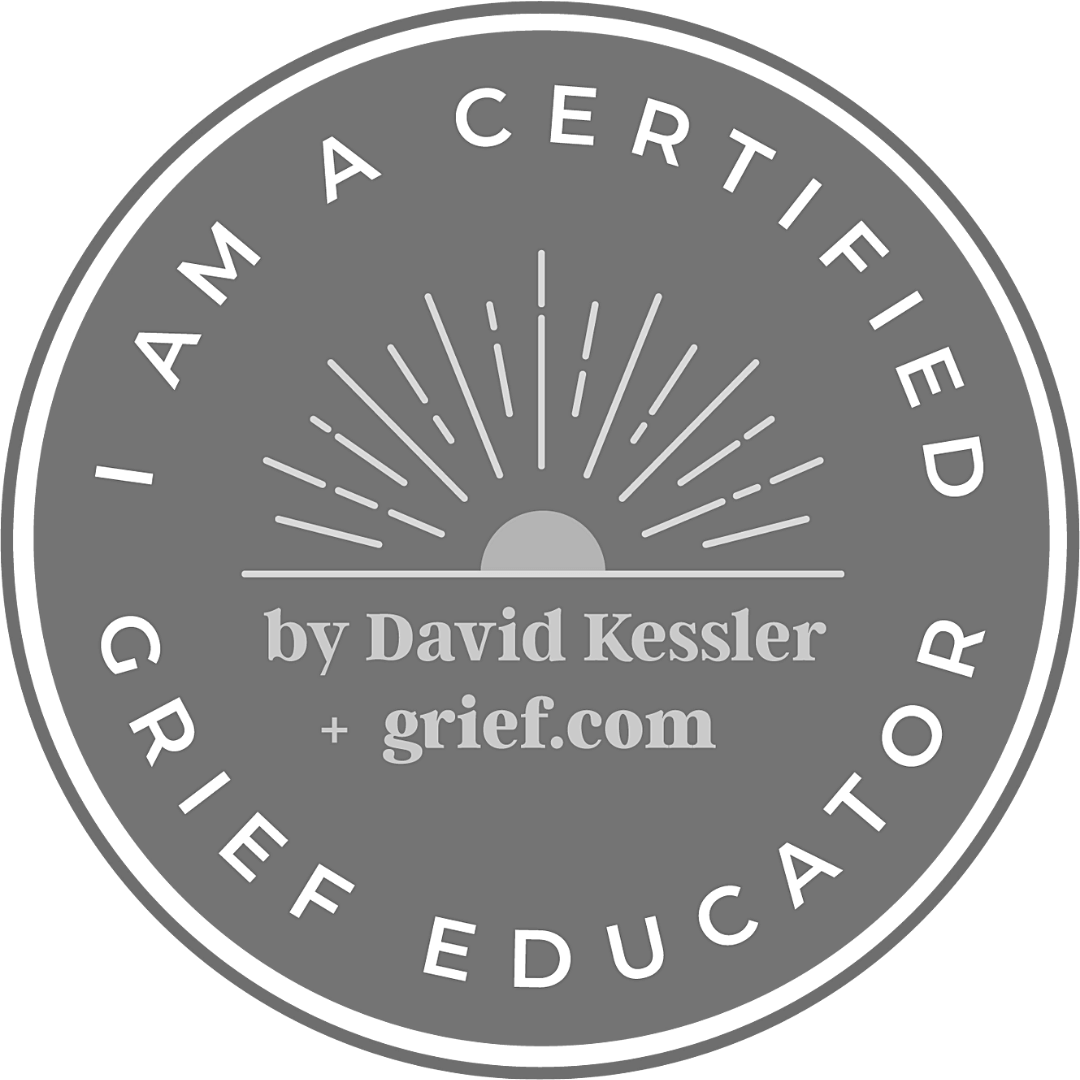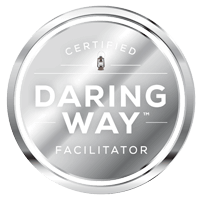Finding Freedom Through Forgiveness
The power of forgiving others, and ourselves.^^^ ohhh how I love me some alliteration. 😉
How’s your quarantine going these days? I thought I would’ve found my new groove by now but I’m still experiencing days where I feel energized and ready to get to work and days where my mental health is the one thing I take care of.
We’ve all heard of these magical quarantine unicorns who’ve spent the last 2+ months writing the next great novel, learning Italian like Nicole Kidman, or starting a new business.
Big props if this is you.
However, if you’ve spent more time being anxious, bingeing Netflix, eating all the snacks in one go, and sleeping ‘til noon, I’m here to say…
That’s okay too.
You’re not alone. “Since February, there has been a 110% increase in people searching “how to focus better”.” (PS It’s not your fault. Check out the neurobiology behind our lack of focus here)
Whether you’ve used the last couple of months to accomplish things on your someday when I have time list or not, we ALL need extra grace right now because this pandemic has left us feeling unfocused, unmotivated, and extra emotional.
And we’re gonna need to extend this grace moving forward because even as restrictions start to loosen and we begin to transition into “life after corona” it will take time and patience to find our collective and individual strides.
We’ll need to forgive ourselves, and others, over and over again.
Forgiveness can be one of those concepts that creates a knot in your stomach because, like grief, it comes with its own mythology.
- Forgiveness does NOT mean you condone the behaviour.
- Forgiveness does NOT mean everything is okay.
- Forgiveness does NOT mean you forget what happened.
- Forgiveness does NOT mean you need to allow the person who hurt you to continue to have access to you and your life.
- Forgiveness does NOT magically happen given enough time.
- Forgiveness is freedom. The freedom that allows you to move forward.
- Forgiveness is acceptance that it happened.
“FORGIVENESS IS GIVING UP THE HOPE THAT THE PAST COULD HAVE BEEN ANY DIFFERENT.” ~ OPRAH
If you (like a lot of us) struggle with forgiveness, consider these questions:
- What myths of forgiveness are holding you back from being able to move forward?
- What beliefs or stories about forgiveness do you need to re-write?
- Where might you be in a year’s time if you were able to forgive and let go? Where might you be if you decide to hold on to the pain instead?
- How will both of these scenarios affect your well-being? Your health? Your relationships with others?
FORGIVING OURSELVES
We are our own worst critics. So many of us hold ourselves to a higher (*cough cough* impossible) standard. And when we don’t meet that towering standard our default is to reprimand, shame, and guilt ourselves into “doing better next time” instead of heaping on the self-compassion and forgiveness.
In order for forgiveness to happen…something has to die.
Like our unrealistic expectations.
Like anything that starts with the word “should”
Like the past pre-pandemic version of yourself.
Our world has changed…forever. It will never be exactly as it was before. And the same is true for you.
Seriously, how could you NOT be different?
Maybe your priorities have shifted.
Maybe your core beliefs have been illuminated and challenged.
Maybe you loved the carefree person you were before and now you’re grieving them.
Maybe your vision has expanded and you see more opportunities now.
Maybe your fears and anxieties have been triggered and you’re learning new ways to cope.
Like a snake shedding its skin or a butterfly emerging from a cocoon, we’ll come out of this different than we were before. But right now, we’re in the messy middle, that in-between worlds stage that often shakes our souls and foundations.
And that doesn’t have to be a ‘bad’ thing.
Whatever has shifted for you, the good, the bad, and all the messy bits in-between…this is the perfect time to practice self-compassion. To forgive ourselves.
Go grab a pen and your favourite journal. Maybe a cup of tea and your coziest blanket too.
Take a couple of deep breaths and settle in friend. Bring to mind a painful moment or loss of some kind (i.e. a breakup) that needs some healing and then work through these questions.
Forgiving Yourself Journal Prompts
- What are you ready to forgive yourself for?
- Where do you feel it in your body?
- What would it feel like to let go of what happened?
- How can you extend yourself more grace and compassion?
Here’s another secret to forgiveness: the more we forgive ourselves, extend ourselves grace, and meet ourselves with kindness and understanding…the more we can do this for others.
FORGIVING OTHERS
If our emotions have been feeling a little more unpredictable and out of control the last few months, it’s not hard to imagine that the people closest to us are going through the same thing. And it’s easy to get defensive, lash out, slip into old arguments and unhelpful patterns when we’re all walking on the edge.
When we hold onto our anger or hurt or bitterness or resentment it’s “like drinking poison and waiting for the other person to die.” It simply doesn’t help us. Instead we can try to:
- Choose empathy and lead with kindness.
- Keep reminding ourselves that they’re doing the best they can while not taking any shit.
Brene Brown frames it up as ‘Living BIG’.
Boundaries – being clear and explicit about what’s okay and what’s not okay.
Integrity – doing what’s right, even when it isn’t comfortable, easy, fun or fast.
Generosity – asking ourselves, “what’s the most generous assumption we can make in this situation?”
Acknowledging the pain is a great first step to forgiveness.
So if you can’t quite say (or feel) “I forgive you” try saying, “I acknowledge the pain and am choosing to leave it behind me so I can move forward.”
These emotions (i.e. anger, hurt, frustration, bitterness, and resentment) are happening inside you – they’re trying to tell you something.
Honour your anger by getting curious about why this is pissing you off so much.
Anger usually shows up when a boundary has been crossed, so start there. Boundaries are the edges of our core values and beliefs about ourselves, others, and the world.
I’ve always found it easier to forgive when I can identify where the feelings are coming from, why I’m experiencing such a strong reaction, and which boundary has been crossed.
Then it’s easier to communicate what I need calmly (and skip the defensiveness or urge to lash out).
And if that core value or belief doesn’t feel true or helpful this is an opportunity to rewrite it and change the shape and trajectory of our relationships.
Because there’s always a story we’re telling ourselves about the situation that lies underneath the current of emotion.
Sometimes our anger is completely justified and it’s easy to see what line has been crossed. Sometimes though, our anger can feel like a bit of a mystery.
For example, many of us have been handed down the story from our family of origin and society that our worth is determined by our productivity.
You were either labelled a “hard worker” or “lazy and good for nothing”. Since we all wanted to be in the “hard worker” category we felt we had to EARN time to relax.
Now, any time we encounter a human who believes their worth ISN’T tied to their productivity it can stir up all kinds of feelings. Like how DARE they relax before they’ve slogged out a full 8-hr day?
If we’re lucky enough to live with one of these magical free beings we can find ourselves nagging them incessantly to get things done when they’re trying to relax. Or we can find ourselves passive-aggressively muttering, “must be nice…” under our breath.
Without ever uncovering that core belief about productivity and worth we won’t understand WHY we’re so pissed off. We won’t be able to re-write that belief into something more helpful and true like, “I’m worthy of rest and play when my body, mind, and spirit need it…not just when I’ve “earned” it.”
Ready to do a little more writing? I’ve got a few more questions for you to consider with an open heart.
Forgiving Others Journaling Prompts
- Who are you ready to forgive? Or who do you need to forgive?
- What are you ready to forgive them for?
- How did they hurt you? Identify what boundary has been crossed.
- Do they realize they stepped across a line? Have you clearly communicated what’s okay and what’s not okay in this situation?
- What’s the most generous assumption you can make about this person/ situation?
- What’s the core belief about yourself, others, or the world that is being challenged here?
- Do you want to uphold, rewrite, or abandon that core belief?
- How is holding onto this pain and resentment hurting you?
- Where do you feel it in your body?
- Is there anything you need to express to them? (note: sometimes just writing it down and getting it out will be enough.)
Forgiveness takes practice and patience as we begin to peer beneath the surface of our relationship with ourselves and others.
But remember, forgiveness IS freedom – and that makes this work worth our attention, presence, and care.
If you need a compassionate witness and open heart to walk with you through the process of forgiving someone else I’m here to help, all you have to do is book a discovery call.
